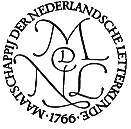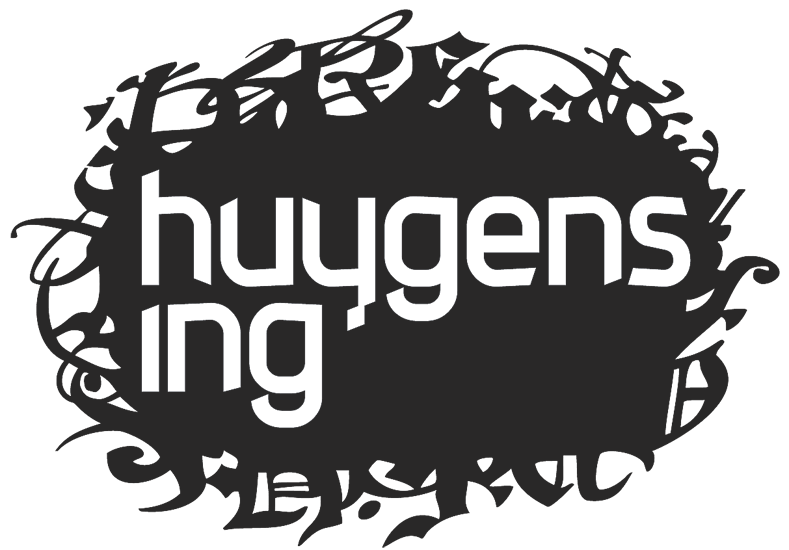De ludieke dimensie. Naoorlogse romanliteratuur door de lens van het spel
Samenvatting
How can we make sense of games in literary fiction? This article draws attention to the various functions and recurrent strategies of sense-making involved in the presentation of games in fiction. The first part briefly discusses the intellectual tradition of views on literature and games and then moves on to develop an interpretive framework. According to this framework, fictional games draw upon the anthropological meaning of play and games and on the rhetorics that surround and generate them. Literary fiction, then, recuperates these rhetorical and anthropological facets for narrative, thematic, and aesthetic aims. This approach is put into practice in a reading of two recent novels – Spel (Stephan Enter, 2007) and De stolp (Jeroen Theunissen, 2010) – and of novels by two authors with a general ludic view on literature: Bernard Kemp and Hugo Claus.
Terugverwijzingen
- Er zijn momenteel geen terugverwijzingen.



